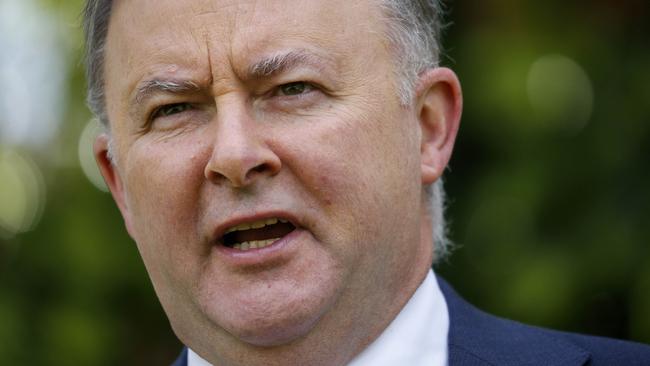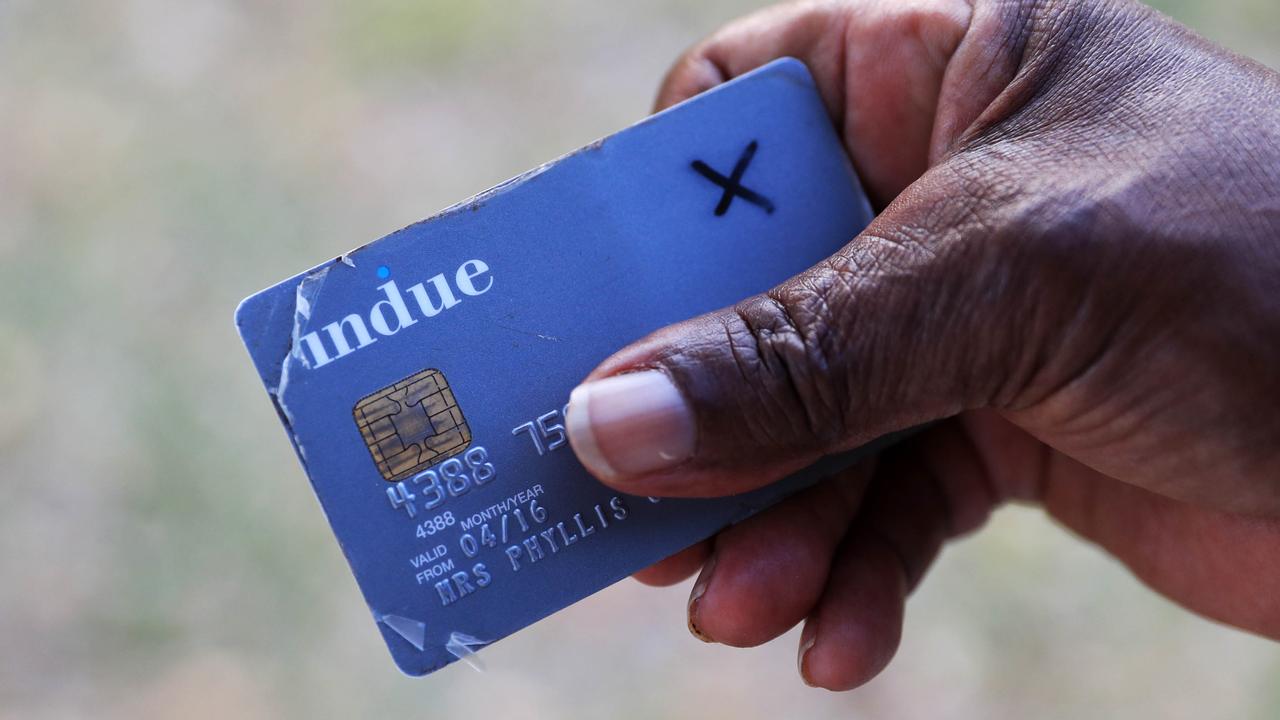Anthony Albanese calls for twin January 26 referendums
Anthony Albanese wants January 26 referendums on republic and indigenous recognition to create ‘national platform of unity’.

Anthony Albanese has called for referendums on the republic and indigenous constitutional recognition to be held on a January 26, as a way of creating a national “platform of unity’’ and ending divisions over the date of Australia Day.
Mr Albanese, who was deputy prime minister in the second Rudd government and rival to Bill Shorten for the Labor leadership after the party lost power in 2013, used a speech at a citizenship ceremony in his Sydney electorate of Grayndler to suggest how January 26 could be kept as Australia Day, with the support of indigenous people, by holding ballots on two major issues confronting that national identity.
Millions of Australians around the nation, including about 500,000 people at Circular Quay in Sydney, yesterday celebrated the landing of the First Fleet at Sydney Cove in 1788. But marches were held in Sydney and Melbourne to protest against the date of Australia Day, and Aboriginal and Torres Strait Islander flags were lowered to half-mast at Queensland’s Parliament House, contrary to official protocol.
Mr Albanese said yesterday that a referendum recognising the first Australians in the Constitution would advance reconciliation and make January 26 a day “where we can truly say that we’re together as one, as a nation’’, while a second referendum question on a republic would be a way of contemplating the nation’s future.
“It would mean Australia had a day which recognised our modern history of new arrivals, our continuous history of indigenous Australians dating back now some 80,000 years and a recognition of confidence of us in a modern state,’’ he said.
Mr Albanese’s call came as Malcolm Turnbull said the overwhelming majority of Australians were celebrating the national day that was, above all, “a story of enormous achievement’’. But the Prime Minister, who also opposed any changes to the flag, said Australia Day should also include a focus on the recognition of indigenous Australians. “Our history, Australia’s history, overwhelmingly is a bright story of success,’’ Mr Turnbull said.
However, he added: “The impact of European settlement on Aboriginal Australians was tragic; of course it was. We understand that and there are many wrongs that were done in the past, which we seek to right today.’’
Cape York indigenous leader Noel Pearson writing in The Weekend Australian today, urges that Australia Day be observed over January 25 and 26 to include the day before British sovereignty and the day the takeover occurred.
“This would straddle two sovereignties: the sovereignty of the First Nations who possessed this continent since time immemorial, and the crown’s sovereignty that commenced when the British flag was raised at Sydney Cove on January 26, 1788,” Mr Pearson writes.
“The announcement of Australian of the Year is already made on the evening of January 25. We can’t run away from January 26, the same as we can’t run away from January 25. Trying to erase January 26 is denying the very history we want Australians to face up to. There is no other relevant time or date other than those 24-48 hours when ancient Australia passed into the New Australia.”
The Opposition Leader — who this month backed the retention of January 26, having initially failed to unequivocally rebuke a Greens-led call for the date to be changed — said the real task was to build a cohesive society. In a speech at Brimbank City Council’s citizenship ceremony in Melbourne, Mr Shorten said: “I do not sneer at people who want to argue which day our national day should be on. In our democracy, people are entitled to their opinions.’’
But Australia Day should not be a day of uncritical celebration, he added. “I think we should use today to reflect on our national story — what it means to all of us, including our First Australians,” he said.
Earlier yesterday Mr Shorten had talked of his support for a republic and indigenous recognition in the Constitution — as he dismissed calls for a change in the flag — but had not linked any such measures to January 26.
Mr Albanese’s comments, on his first day at work this year, come after his friend and fellow Labor MP Linda Burney last week said the January 26 date was “problematic” as it involved the “usurpation of Aboriginal sovereignty”.
The indigenous MP last week called for a separate public holiday to recognise Aboriginal culture and heritage, which won support from Treasury spokesman Chris Bowen. Mr Shorten later ruled out Ms Burney’s proposal, saying “we have enough public holidays in Australia”.
Ms Burney and fellow Labor frontbencher Terri Butler attended indigenous rallies yesterday that supported moving Australia Day away from January 26.
Deputy Labor leader Tanya Plibersek also posted a message of support for NSW Labor leader Luke Foley’s policy to negotiate a treaty recognising traditional indigenous ownership of NSW.
Mr Albanese cited as a “good thing’’ the increasing level of debate around January 26 and the greater consideration of the “tragic facts of settlements that occurred in 1788 with the arrival of the First Fleet’’. Declaring that political leaders needed to “look to solutions, not just arguments’’, Mr Albanese said finding a way forward was “more important than reframing old arguments’’.
“Our nation needs to reconcile itself with the past as a precondition of creating a better future, one in which we embrace a common vision of what it means to be Australian in the 21st century,” he said.
“Instead of emphasising our differences, let us create a platform for unity.”
Mr Albanese said Australia was confident enough as a country that “it’s only a matter of time before we choose to have an Australian as our head of state”.
Mr Albanese publicly rebuked Mr Shorten last year four times, including slapping him down over his suggestion to add another plaque on the statue of Captain James Cook.




